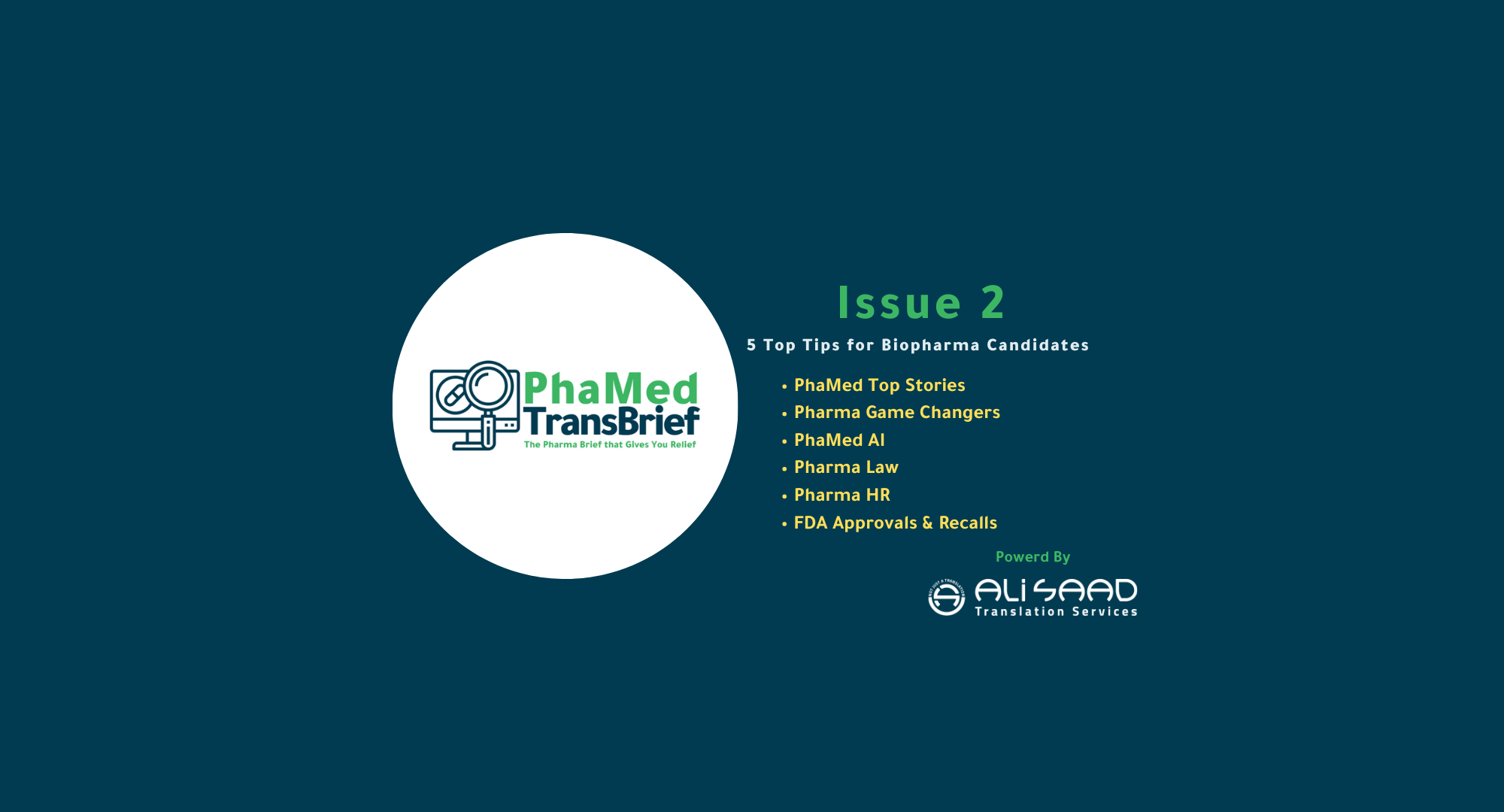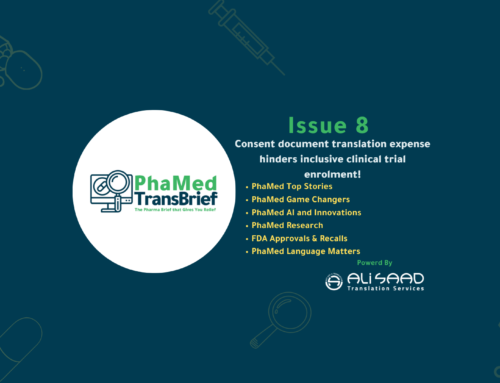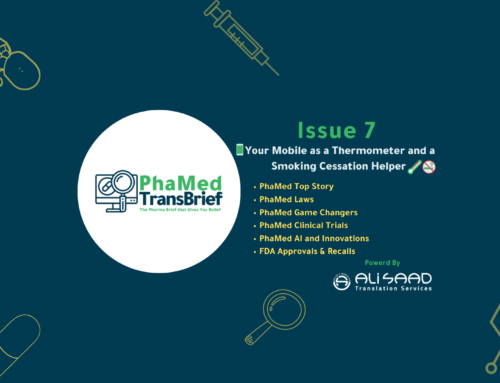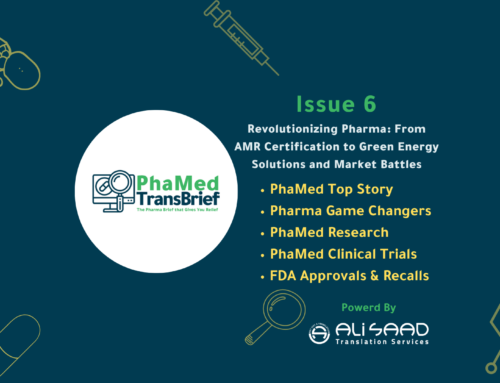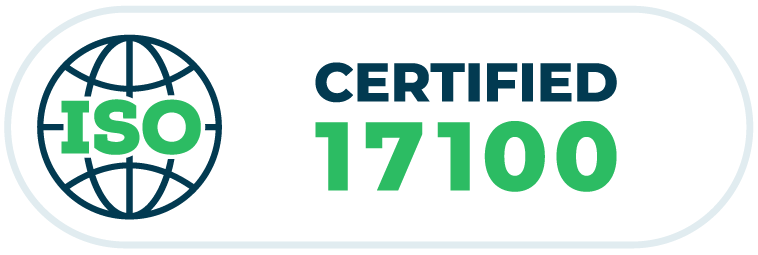Welcome to our newest subscribers. Pharma stakeholders and pharma lovers, this newsletter is growing with you. Here’s the welcome issue.
We save ten hours of your time to enjoy reading this brief in only 6-7 mins.
PhaMed Top Stories
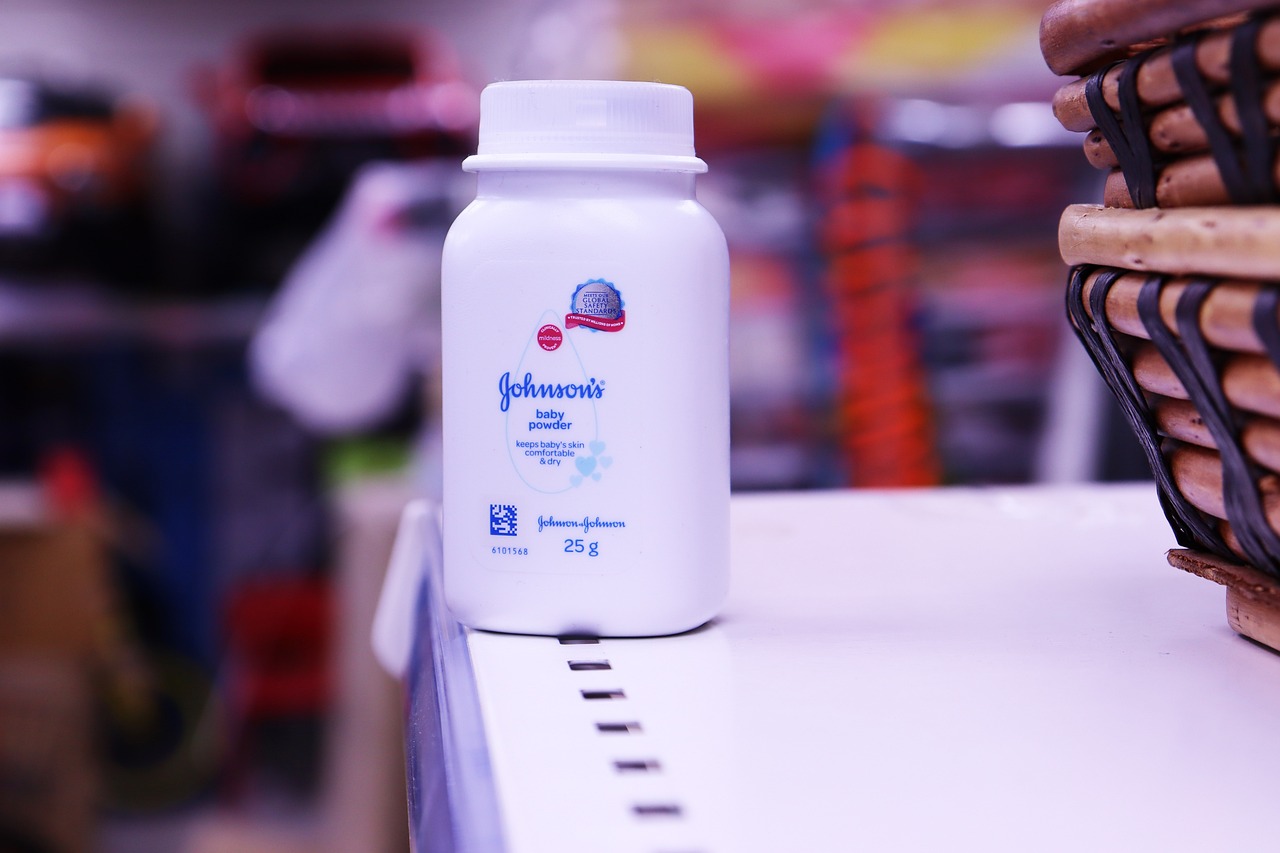
Johnson Image by Rafi Muhammed from Pixabay
Biden ends COVID national emergency after Congress acts
President Joe Biden signed a bipartisan congressional resolution to end the U.S. national emergency to respond to the COVID-19 pandemic on Monday, April 10. The public health emergency, which underpins tough immigration restrictions at the U.S.-Mexico border, is set to expire on May 11. The emergency allowed the government to take sweeping steps to respond to the virus and support the country’s economic, health, and welfare systems. Some emergency measures have already been successfully wound down, while others are still being phased out. Source
CDC warns doctors to watch for Marburg virus amid outbreaks in two African nations
The US Centers for Disease Control and Prevention issued a health advisory Thursday, April 6, 2023, about the Marburg virus outbreak in Equatorial Guinea and Tanzania. Marburg is a rare but highly fatal viral fever that causes uncontrolled bleeding, similar to Ebola. The CDC warned healthcare providers to be on the lookout for any imported cases and to take a detailed travel history if someone is suspected of being sick. There is no specific vaccine or treatment for the disease, but early intensive supportive care may help. The CDC has also issued warnings to travelers to avoid contact with sick people and to monitor their health for three weeks after visiting those countries. To stay safe, people should avoid contact with blood and bodily fluids from people who are sick and avoid contact with fruit bats and primates in areas where there are outbreaks. Source
Johnson & Johnson to pay $8.9 billion to settle claims baby powder, other talc products caused cancer
Johnson & Johnson has agreed to pay $8.9 billion over 25 years to settle claims that its baby powder and other cosmetic talc products allegedly caused cancer. The company maintains its position that talcum powder products are safe. However, they are re-filing for voluntary Chapter 11 bankruptcy to resolve the allegations. In 2019, a sample of the baby powder tested positive for a trace amount of asbestos, and sales in North America ended the following year. Johnson & Johnson announced last year that it would stop using talc in its baby powder worldwide in 2023 and replace it with cornstarch. Source
Pharma Game Changers
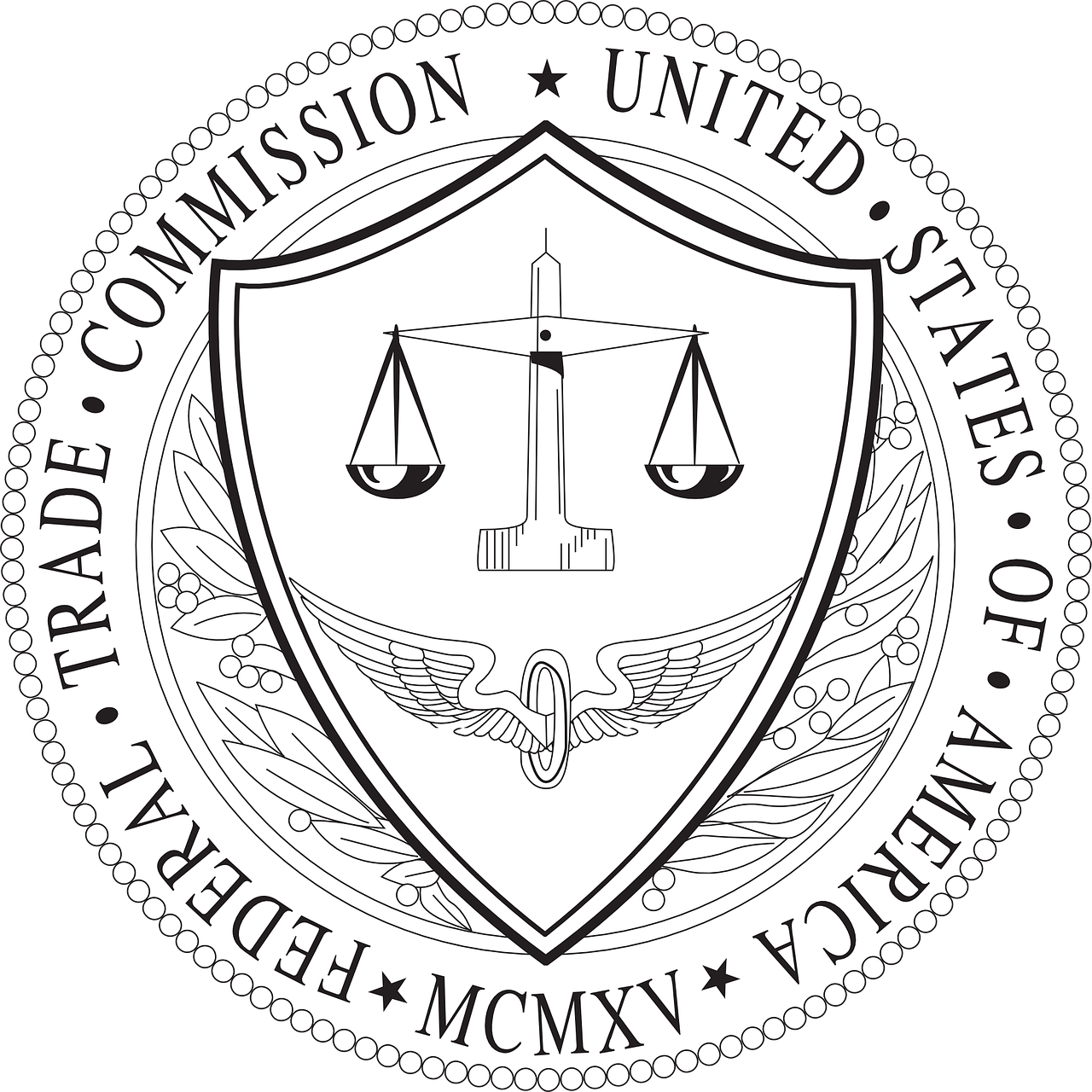
Federal Trade Commission USA Image by Clker-Free-Vector-Images from Pixabay
Takeda opens 4th front in assault on celiac, tapping Innate to develop antibody-drug conjugates
Takeda has made four deals since late 2019 to develop treatments for celiac disease. The latest agreement with Innate Pharma is for the exclusive worldwide rights to develop antibody-drug conjugates (ADCs). With this agreement, Takeda has opened another front in their assault on the disease. They already have three celiac candidates in phase 2 clinical trials. There is competition from other companies working on different modalities. argenx and Genmab have also joined forces to jointly discover, develop, and commercialize new products, primarily in cancer and immunology. Source
Sartorius to acquire Polyplus
Life science group Sartorius will acquire French company Polyplus for around €2.4bn ($2.6bn).
Polyplus, a company with 270 employees in France, Belgium, the US, and China, produces key components used in cell and gene therapies. Sartorius recently acquired Polyplus from investors, and the transaction is expected to close in the third quarter of 2023. This acquisition will help Sartorius optimize the process workflow for cell and gene therapies, making them more affordable. Source
Incyte taps Biotheryx for $360M in 2nd molecular glue degrader deal of the day
Two licensing deals for molecular glue degraders have been announced simultaneously by Merck & Co. and Incyte. Incyte has paid $7 million upfront to Biotheryx, Inc., with potential additional funding and milestone payments of up to $347 million. Merck has signed on with Proxygen to explore the modality, and Bristol Myers Squibb has partnered with SyntheX. BioTheryx’s pipeline includes a lead candidate in phase 1 trials and a number of bifunctional degraders in preclinical development. Source
Systemic Bio Opens Bioprinting Lab to Accelerate Drug Discovery
Systemic Bio, a 3D Systems company, has opened a 15,000 square feet laboratory in the Texas Medical Center to research hydrogel scaffold manufacturing and organ-on-a-chip. The lab is equipped with a state-of-the-art ISO 7 cleanroom to support the sterile production of thousands of h-VIOS chips and plates. The startup is already working to establish multi-year partnerships with pharma firms and has hired a seasoned biotech executive to oversee its production efforts. The launch of the new laboratory represents a significant expansion of Systemic Bio’s capacity and capability in the bioprinting sector. Source
Extended FTC review adds a wrinkle to Sanofi’s $2.9B Provention Bio buyout
Sanofi has extended its $2.9 billion acquisition of Provention Bio to give the Federal Trade Commission (FTC) more time to review the deal. Sanofi still expects the deal to close in the second quarter of this year, and withdrawing and refiling the pre-merger notification is a standard procedure to provide additional time for antitrust review. The buyout would bring Tzield, a drug approved to delay the onset of type 1 diabetes, to Sanofi’s portfolio. Source
PhaMed AI

Research image Chemistry Experiment - Adobe Stock
FDA Seeking AI Tech to Assess Pharmaceuticals
The FDA is seeking a contractor to provide high-resolution imaging and AI image analysis to characterize freeze-dried pharmaceuticals and complex drug products. The analysis would help the FDA understand the role of advanced manufacturing techniques, formulas, and process parameters in the quality of products and their performance. Responses are due by April 19. Source
AI Beats Trained Staff in Spotting Heart Trouble on Sonograms
In a recent study, cardiologists could not differentiate between AI and sonographer assessments of left ventricular ejection fraction measurements on echocardiogram images. The AI’s initial assessment was more often in agreement with the cardiologists than the sonographer’s. AI technology aims to make the process more efficient without replacing ultrasound technicians. It is expected to help sonographers work faster, improve workflow efficiency, and reduce burnout. The research team is currently seeking FDA approval for the AI app, and experts believe AI will play a significant role in cardiology and medicine. However, human oversight will always be required to ensure quality and safety. Source
Pharma Law

Law gavel and colorful pills on a wooden desk, dark background
Explainer: After COVID and drug shortages, EU revamps drug laws
The EU is revising pharmaceutical industry laws to boost investment and access to affordable drugs. The reforms aim to address issues such as shortages of critical drugs, complicated supply chains, and a lack of preparedness for global public health emergencies. The proposed changes include shortening the period of intellectual property protection for drug companies, increasing transparency around R&D costs and public funding, streamlining the European Medicines Agency, increasing measures to tackle drug shortages, and incentivizing drugmakers to invest in developing new antibiotics. The changes are expected to be adopted by 2025. Source
WHO proposes updated excipient GMPs in the wake of contaminated cough syrup
The World Health Organization recently proposed updated guidance to help pharmaceutical manufacturers assess the quality of excipients after child deaths were reported in several countries linked to contaminated cough syrups containing unacceptable levels of diethylene glycol and ethylene glycol. The guidance includes a quality management system, quality risk management system, management review, complaint investigations, and other requirements. Comments on the proposed guidance are due by 21 May. Source
Pharma HR
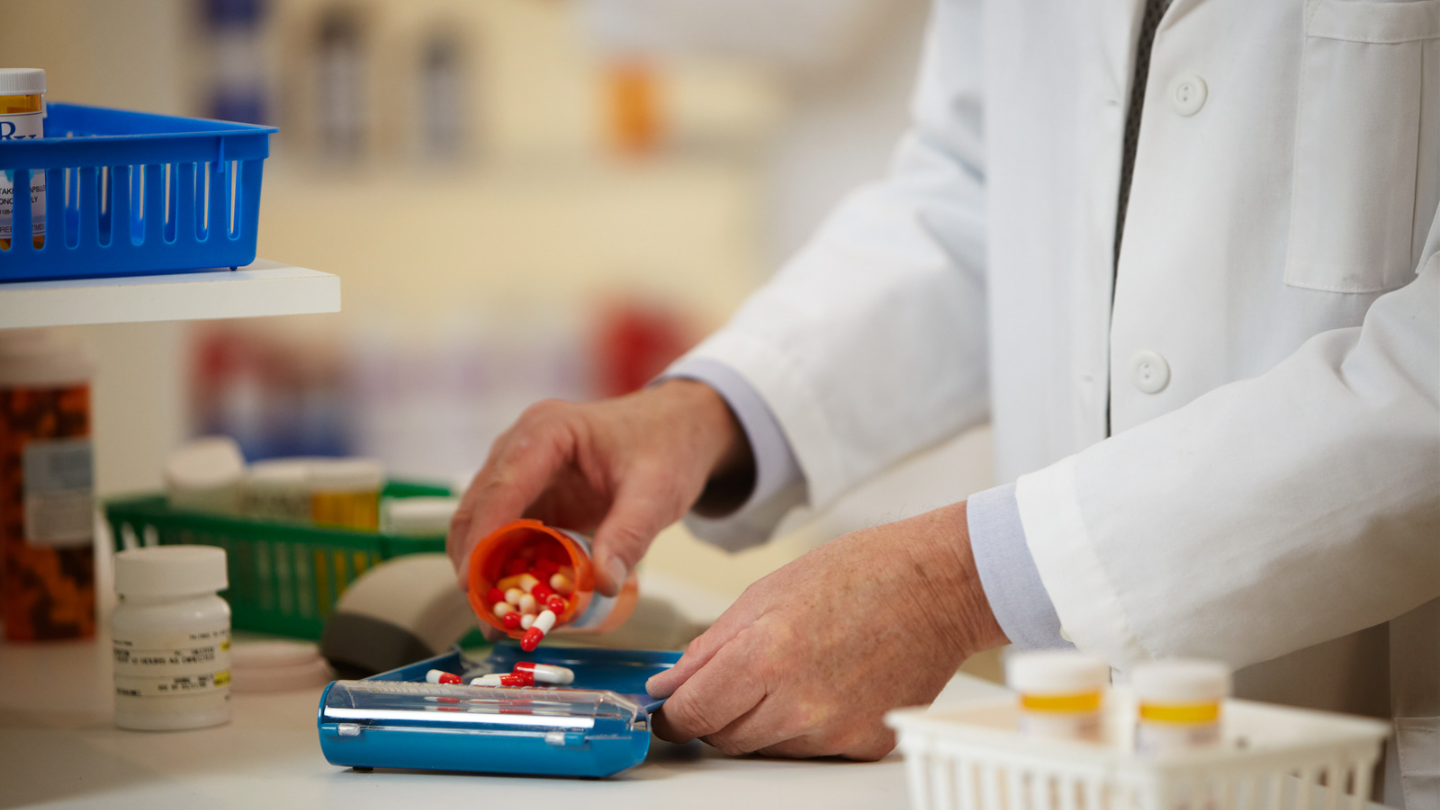
Pharma Professional Image
5 top Tips for biopharma candidates
SiliconRepublic.com spoke to several professionals working within the industry to get advice for graduates and job seekers looking to break into the sector. Source
Look at upskilling courses
I would recommend looking at upskilling courses and also looking at organisations that specialise in courses relevant to the industry. Also look at the skills that are transferable from other industries into biopharmaceutical manufacturing. Kevin Gordon said.
Be open-minded
Candidates should approach every role as a potential role for them. Have an open mind and be ready for change. John Harrington said.
Don’t wait around
Candidates should not wait until they’ve finished their exams to apply for graduate roles and programs and that graduate programs are opening in their careers. Orla Crowley said.
Don’t be discouraged by requirements
It’s important not to shy away from jobs where you don’t have every requirement because we will provide feedback and have something for you in the future. Maeve Rafter, Assoc CIPD said.
Make your skills shine
When submitting your application, ensure that your CV highlights your skills, techniques, and experience, and be open and flexible with the recruiters. Lydia Slattery
FDA Novel Drugs/Medical Device Approvals and Recalls
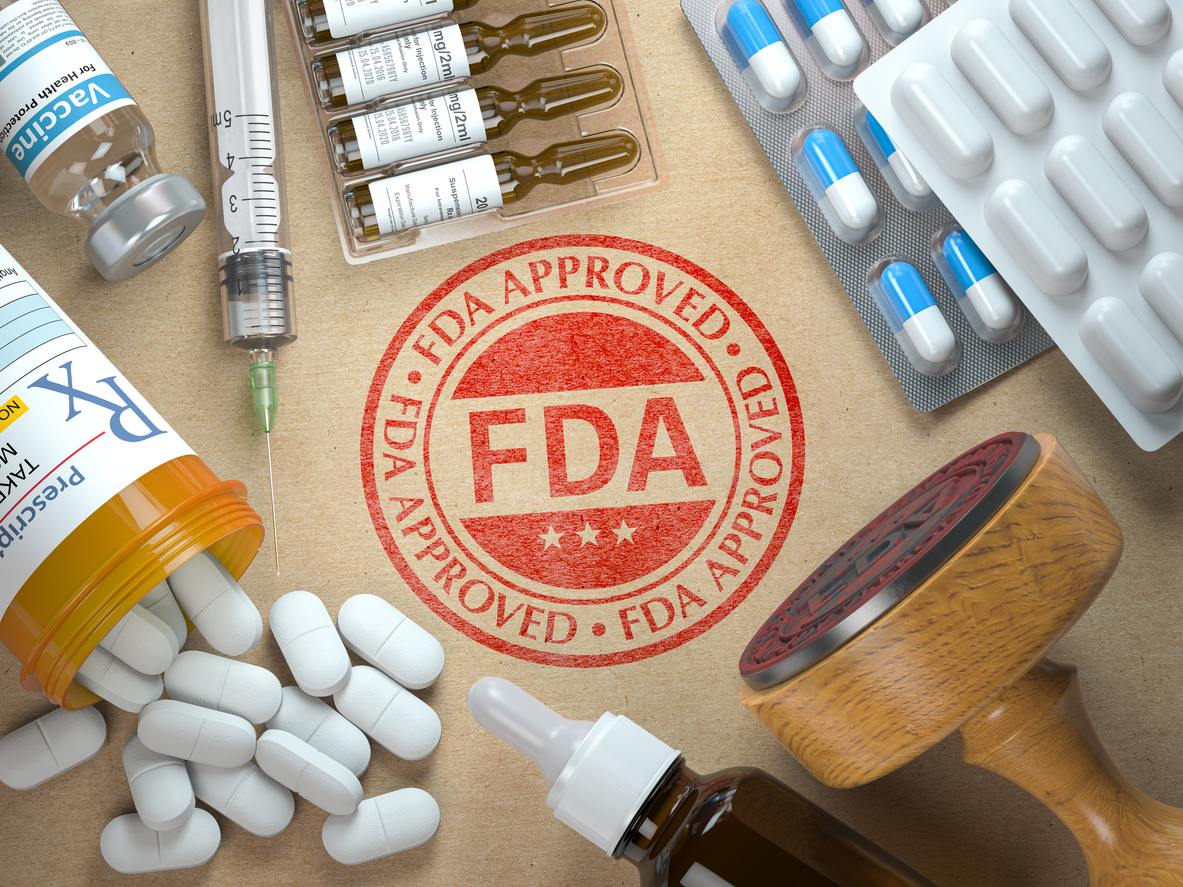
FDA approved concept. Rubber stamp with FDA and medicine. 3d illustration from iStock - Bet_Noire
There has been no novel drug approved in the last 14 days.
❌The FDA recalls:
Brand Name: Abbott FreeStyle Libre®
Company: Abbott
Date of Recall: April 3, 2023
Product Description: Readers in the FreeStyle Libre product family
Recall Reason: Potential for battery swelling and overheating.
That’s all for this issue. Your feedback is highly appreciated. See you in the next issue. 👋

